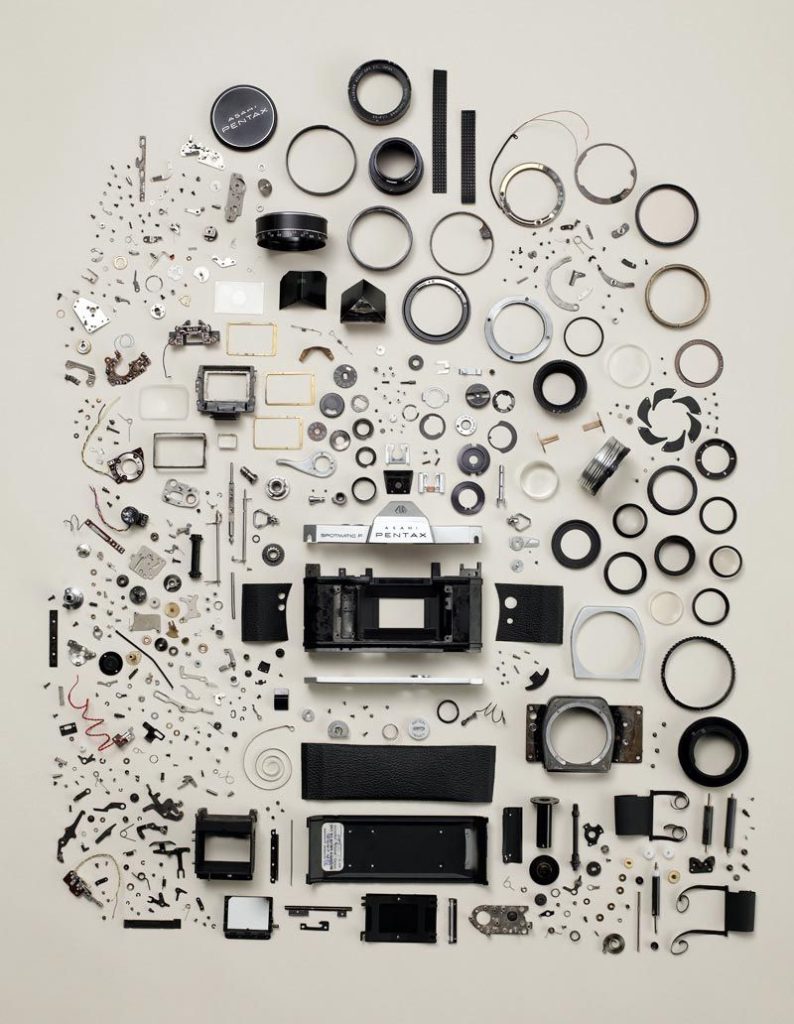We waste a lot in our society.
Perhaps during this time of social isolation you are starting to realize how much we waste. Wasted food. Wasted plastics. Wasted clothing.
The market economy has evolved such that for many products it costs more to fix them than to buy a new one. (yes, I’m talking about you, my electric kettle) It seems that everything that is old, then, is discarded. This is a ridiculous paradigm. A religion of waste.
But there are awesome ideas that are growing as we increasingly acknowledge the old adage that one person’s garbage is another person’s treasure.
Of course, the venerable thrift store has been at the forefront of the retail circular economy for generations; they accept unwanted clothing, magazines, furniture, medical goods, and with a bit of sorting, re-sell (typically) at a modest price anything that seems like it could be sold.
Leading lights in the growing circular economy.
Unbuilders is a company in British Columbia that will unbuild your home. They reclaim everything, including the old growth timbers that were used wantonly at the turn of the 20th century as the forests of BC were cut down to create the buildings of Vancouver. There is money in those timbers, but instead of helicopter logging to get to new (old) forests, they are simply taking the time to remove the nails from wood that has been stored in the walls, rafters, flooring and fixtures of a house for the last 50, 60 or 100 years.
Tool Libraries are showing up across the country. Ottawa, Calgary, Vancouver, Toronto, St. John, St. John’s, and so many more places have active tool libraries. The principle concept is that tools can be borrowed like books. Less buying, more sharing. However, the ethos that drives the people who are creating tool libraries is also creating repair cafes, expert coaching on repair and up cycling, and strong commitments to repairing, or taking apart and recycling old tools.
In Ottawa, STRIDE accepts donations of used medical equipment. They have a team of experts to repair, rebuild, recondition and clean the wheelchairs (both manual and electric), the medical beds, the walkers, and the many assisting devices that are built to last far longer than our frail bodies will. These vital tools for health are then made available at a fraction of the price of new.
What should we expect?
The next logical step is for every business to start building products (homes, tools, cars, food packaging, clothing, etc) with the intent that they can be easily “unbuilt” and that the materials can be reclaimed, reused, repurposed. It is happening in some cases, but it needs to happen more.

Human have the creativity to create amazing products, but even the most ingenious rarely consider the full life cycle of every component part.
Everything should be built so that they can become the inputs for future goods. Why cut down more trees, mine more minerals, or create more polymers when we can conceivably create an ecosystem where any of those inputs can be used multiple times?
What can you do?
If you are an aspiring social entrepreneur, consider looking for waste in our society and design a business around that waste as the principle input into your product. And then…try to design your product so that when it has served its function, it can be easily “unbuilt” to become someone else’s treasure.
